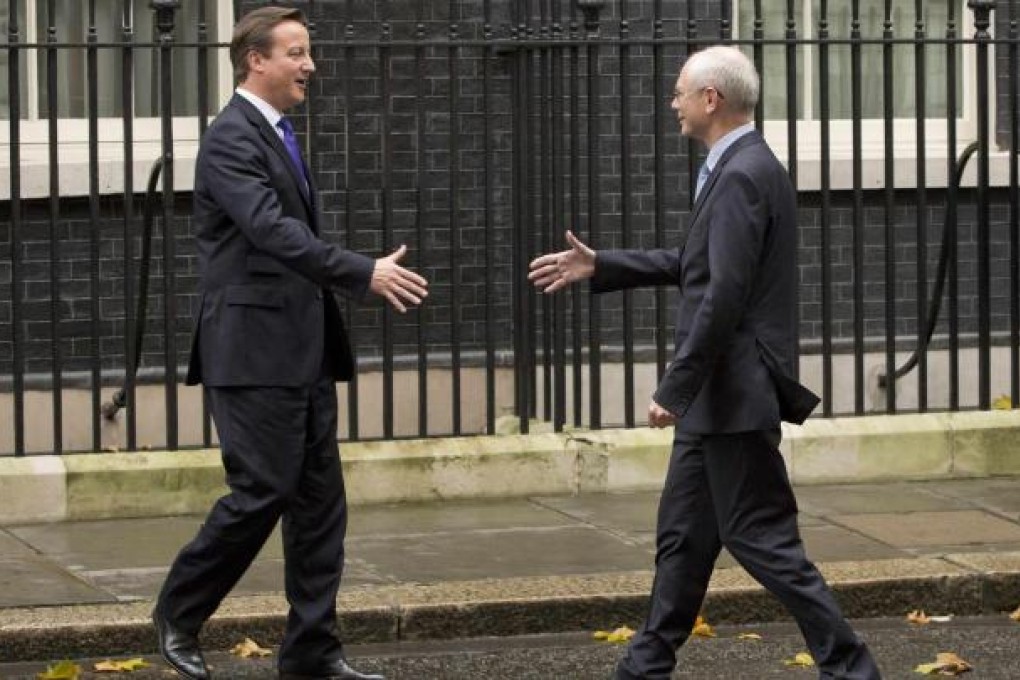Cameron's authority dented by Commons defeat on EU budget
British prime minister's authority dented by defeat in vote over EU budget; deputy says MPs' quest to cut spending has 'absolutely no hope'

British Prime Minister David Cameron was battling to reclaim his authority yesterday after rebels in his Conservative party delivered his first major parliamentary defeat by defying him over the EU budget.

While the vote is not binding, it is the most significant defeat for the Conservative-led coalition since it came to power in 2010.
Cameron had attempted to stave off a rebellion by promising to veto any above-inflation increase of the EU budget, which has become increasingly contentious as austerity measures bite across the continent.
He insists that a seven-year EU budget freeze in real terms is the best Britain can realistically expect next month, as most of the bloc's 27 member states support a budget increase.
But in a humiliating blow to his authority, 53 Conservative lawmakers defied the prime minister and voted for a budget cut.